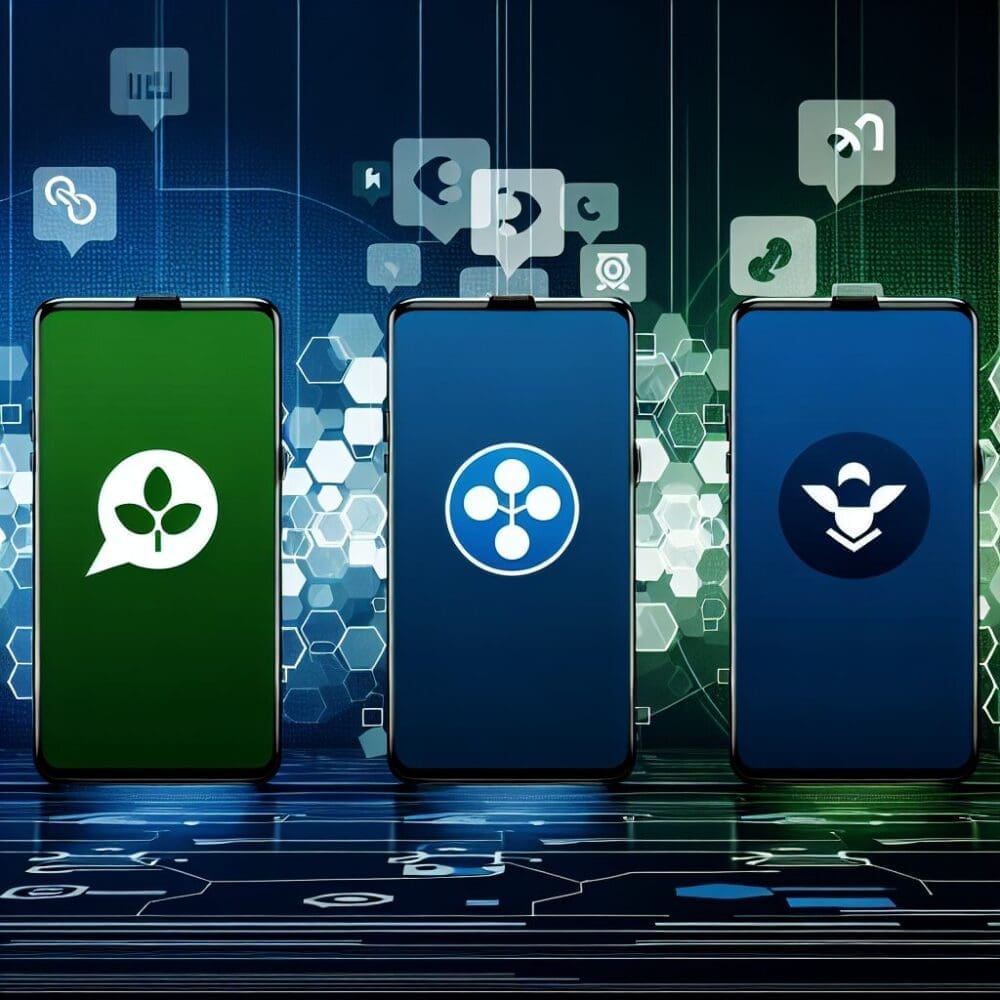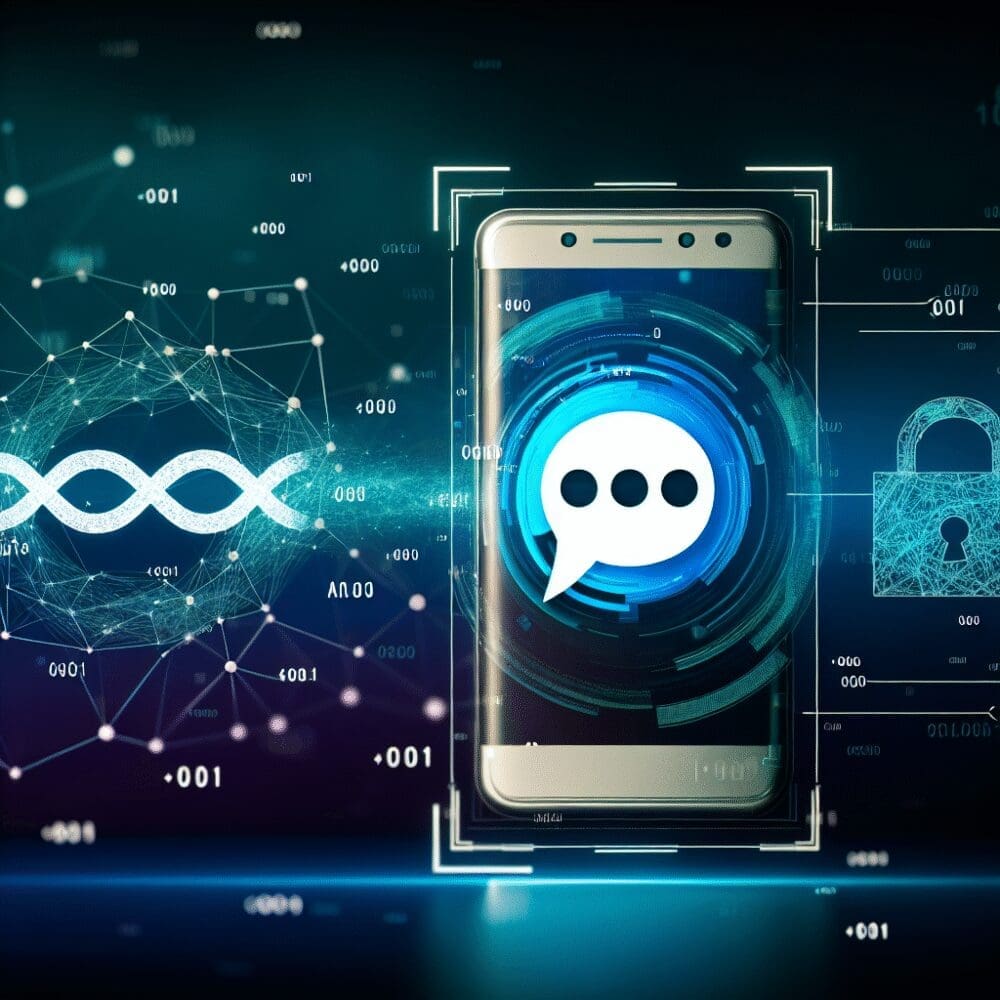“`html
Choosing Between WhatsApp, iMessage, Signal: Your Guide for 2023
In the ever-evolving landscape of digital communication, choosing the right messaging app can feel overwhelming. With platforms like WhatsApp, iMessage, and Signal, each offering distinct features, it’s crucial to understand what sets them apart to make an informed decision. This guide will explore each application’s features, privacy policies, and user interfaces to help you determine which is the best fit for your needs in 2023.
Understanding the Basics
Before diving into the specifics, let’s cover what each of these messaging apps brings to the table. Although they all primarily function as messaging platforms, subtle differences in their offerings can significantly impact user experience.
- Global Reach: Known for its massive worldwide user base, WhatsApp offers cross-platform communication and is accessible on both iOS and Android devices.
- Rich Features: Features such as voice and video calls, media sharing, status updates, and group chats make WhatsApp versatile and comprehensive.
- Encryption: All communications are protected by end-to-end encryption, ensuring conversations remain private.
iMessage
- Apple Exclusive: iMessage is proprietary to Apple ecosystems, linking seamlessly with macOS, iOS, and watchOS devices.
- Integrated Features: iMessage offers features like Animoji, Memoji, and seamless integration with other iOS apps and services like Apple Pay and iCloud.
- Security: Encryption is a core component of iMessage, providing an added layer of security and peace of mind.
Signal
- Privacy First: Signal is acclaimed for its robust privacy measures, making it the app of choice for privacy-conscious users.
- Open Source: The app’s code is open source, allowing anyone to scrutinize the software for vulnerabilities.
- Simplicity: While not as feature-rich as others, Signal focuses primarily on providing secure messaging.
Comparing Features
User Interface and Experience
The user interface (UI) is a critical aspect of any app, affecting how easy or intuitive the app is to use. Here’s how these apps stack up:
- WhatsApp: Known for its intuitive UI, WhatsApp offers a simple, clean layout that’s easy for users to navigate. Its ubiquity and familiarity often make it the default choice for those looking for straightforward usability.
- iMessage: If you’re an Apple user, iMessage’s seamless integration with the Apple ecosystem makes it exceptionally user-friendly. The benefit of integration with other Apple services often outweighs the lack of cross-platform support.
- Signal: While minimalistic, Signal’s interface is purpose-driven towards secure communications. It lacks some of the playful features seen in its competitors, emphasizing a more professional look.
Multimedia Sharing
In our visually driven world, the ability to easily and efficiently share multimedia across platforms has become a necessity for many.
- WhatsApp: Offers a robust suite for sharing multimedia, including photos, videos, documents, and voice clips. The addition of status updates allows for a quick sharing of live updates.
- iMessage: With iMessage, users can send high-quality images and videos without the file size limitations of standard MMS. Integration with Apple Photos and other apps simplifies sharing content.
- Signal: Allows secure sharing of images, videos, and other file types, but with a greater focus on ensuring that these shares are private and encrypted.
Security and Privacy
Privacy has taken center stage in digital communications. Here’s how each app addresses user security concerns:
- WhatsApp: Employs end-to-end encryption for all messages. However, concerns have been raised about data sharing with parent company Facebook.
- iMessage: Ensures all messages are encrypted. Apple’s policy states a strong commitment to user privacy, bolstered by its secure enclave technology.
- Signal: Ranks top in security due to its open-source protocol and the uncompromising privacy focus. Signal’s purpose-built structures ensure minimal data usage outside of the messages themselves.
The Verdict: Which App Is Right for You?
Your choice will largely depend on your priorities and existing device usage.
- If you prioritize privacy, Signal is the unequivocal leader, offering unparalleled security features.
- If you are embedded in the Apple ecosystem, iMessage offers seamless integration and a host of convenient features tailored for Apple users.
- For those looking for an all-rounder option with a global reach, WhatsApp remains a highly recommended choice given its wide adoption and range of features.
In conclusion, each app has its strengths and is capable of accommodating different user needs. As the digital communication landscape continues to evolve, understanding these differences will help you choose an app that not only meets your current requirements but also adapts to future trends.
Ultimately, whether it’s for security, media sharing, or cross-platform convenience, ensure the app you choose aligns with your primary communication needs as we venture further into 2023.
“`



